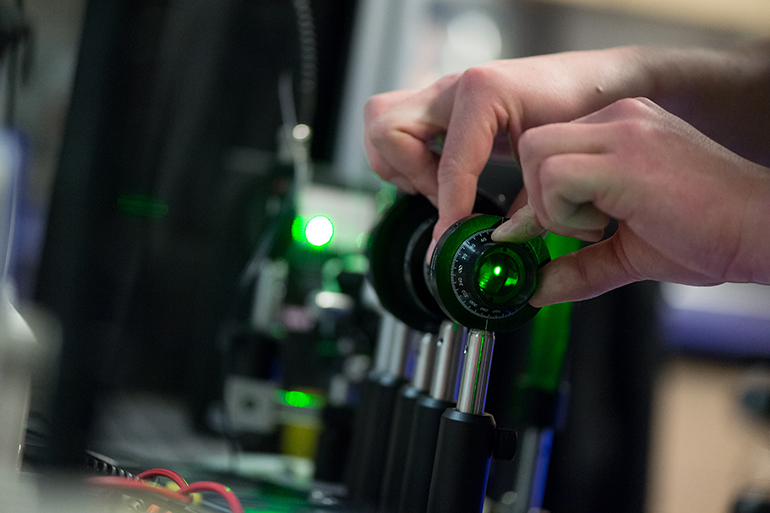Almost 10 years ago, Bell launched “Let’s Talk”, an initiative to promote awareness and positive change in the mental health of Canadians.
UBC Okanagan experts are available to comment on several areas of mental health research. Bell Let’s Talk Day takes place Wednesday, January 29.
Happiness and canine therapy
John-Tyler Binfet
Associate professor, Okanagan School of Education
- How students are kind; kindness in school; dog therapy; stress reduction in college students.
General psychology
Shirley Hutchinson
Lecturer, psychology department, Irving K. Barber School of Arts and Sciences
- General psychology; child development; adult development and aging; special topics: psychology of motivation; anxiety, fear, and uncertainty in intergroup relations.
Health psychology
Shelly Ben-David
Assistant professor, School of Social Work
- Youth mental health including clinical high-risk to psychosis, first-episode psychosis, anxiety and depression; early intervention in mental health; identity in the early stages of psychosis; digital divide among youth; mental health service use decision making; mental health service use engagement interventions; implementation research; youth engagement in research.
Karen Ragoonaden
Professor, Okanagan School of Education
- Mindfulness and well-being, Stress Management and Resiliency Techniques (SMART) education.
Sally Willis Stewart
Senior instructor, School of Health and Exercise Sciences
Director, Nutrition Education Centre
- Nutrition and physical activity; obesity and eating disorder prevention; student well-being, mental well-being and resiliency, HEAL100 instructor.
Indigenous health, effects of climate change
Nelly Oelke
Associate professor, School of Nursing
- Mental health and wellness in rural communities with adults aged 50 and over; impacts of climate change and climate change events on mental health and well-being; mental wellness in urban Indigenous adults aged 50 and over.
About UBC's Okanagan campus
UBC’s Okanagan campus is an innovative hub for research and learning in the heart of British Columbia’s stunning Okanagan Valley. Ranked among the top 20 public universities in the world, UBC is home to bold thinking and discoveries that make a difference. Established in 2005, the Okanagan campus combines a globally recognized UBC education with a tight-knit and entrepreneurial community that welcomes students and faculty from around the world.
To find out more, visit: ok.ubc.ca


